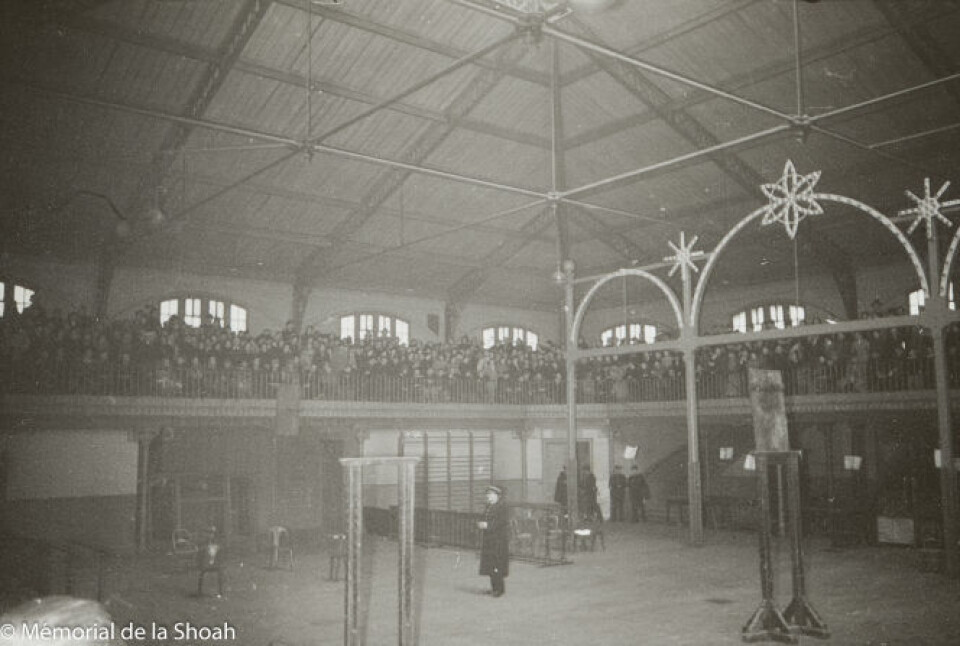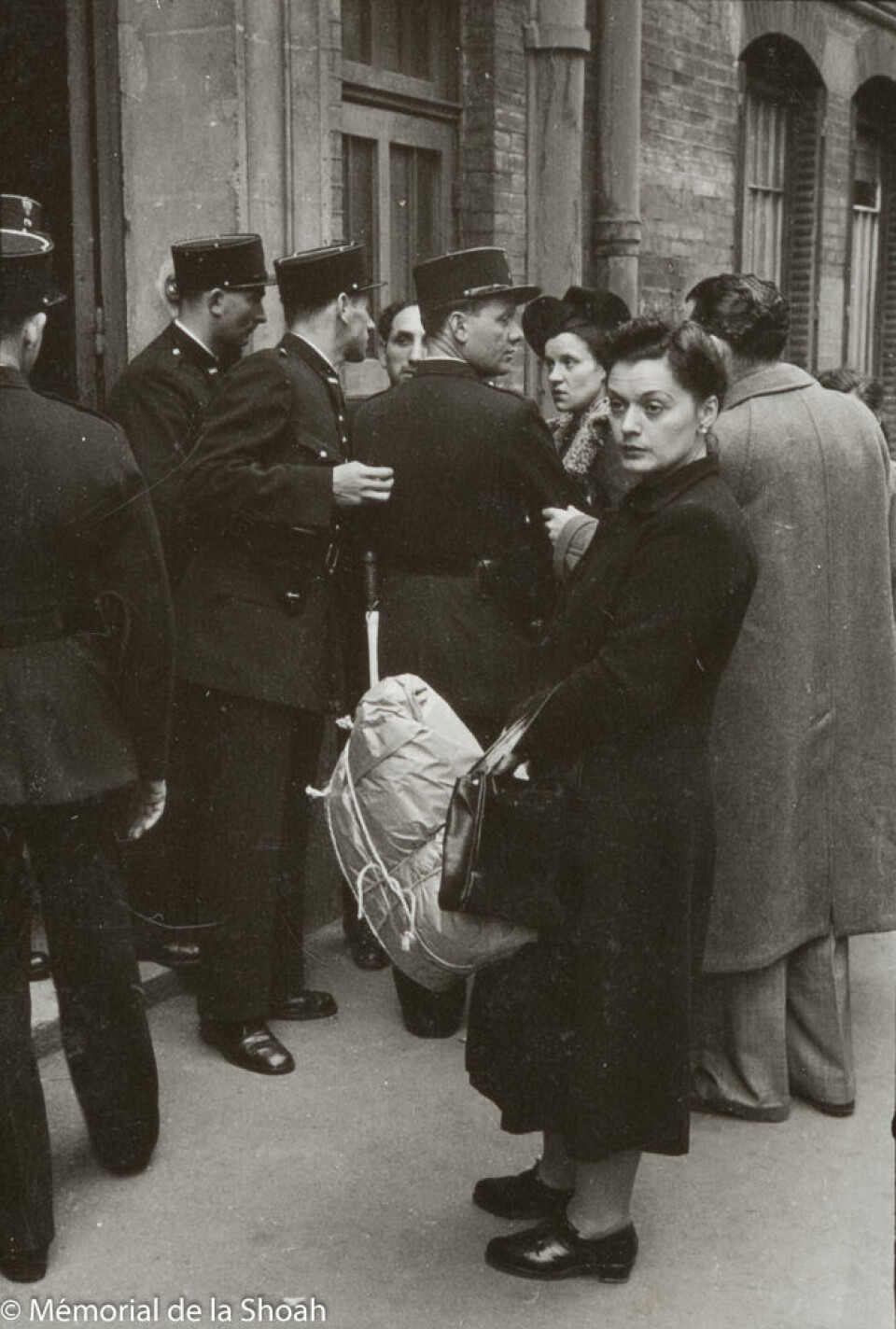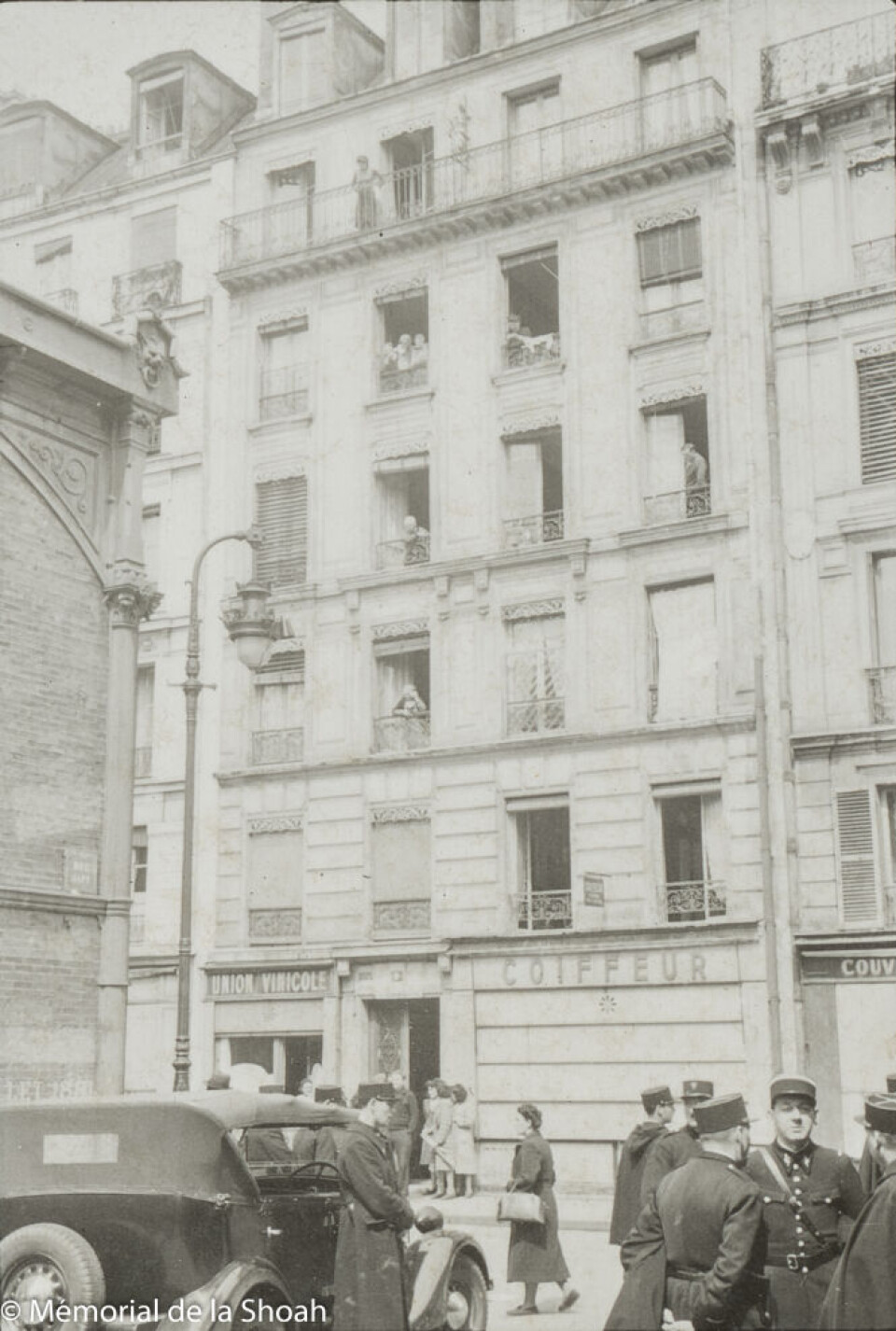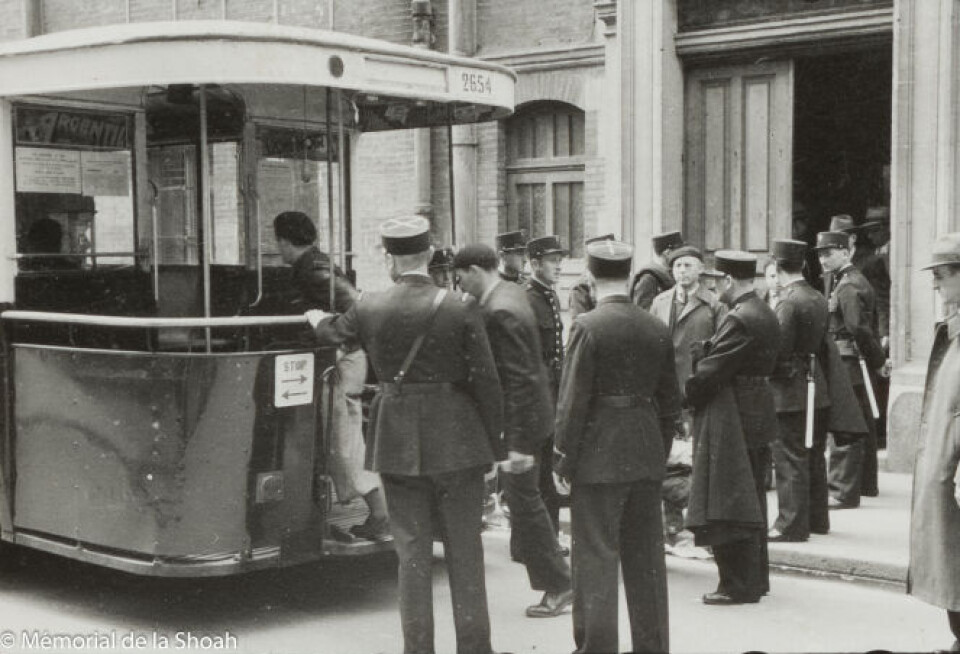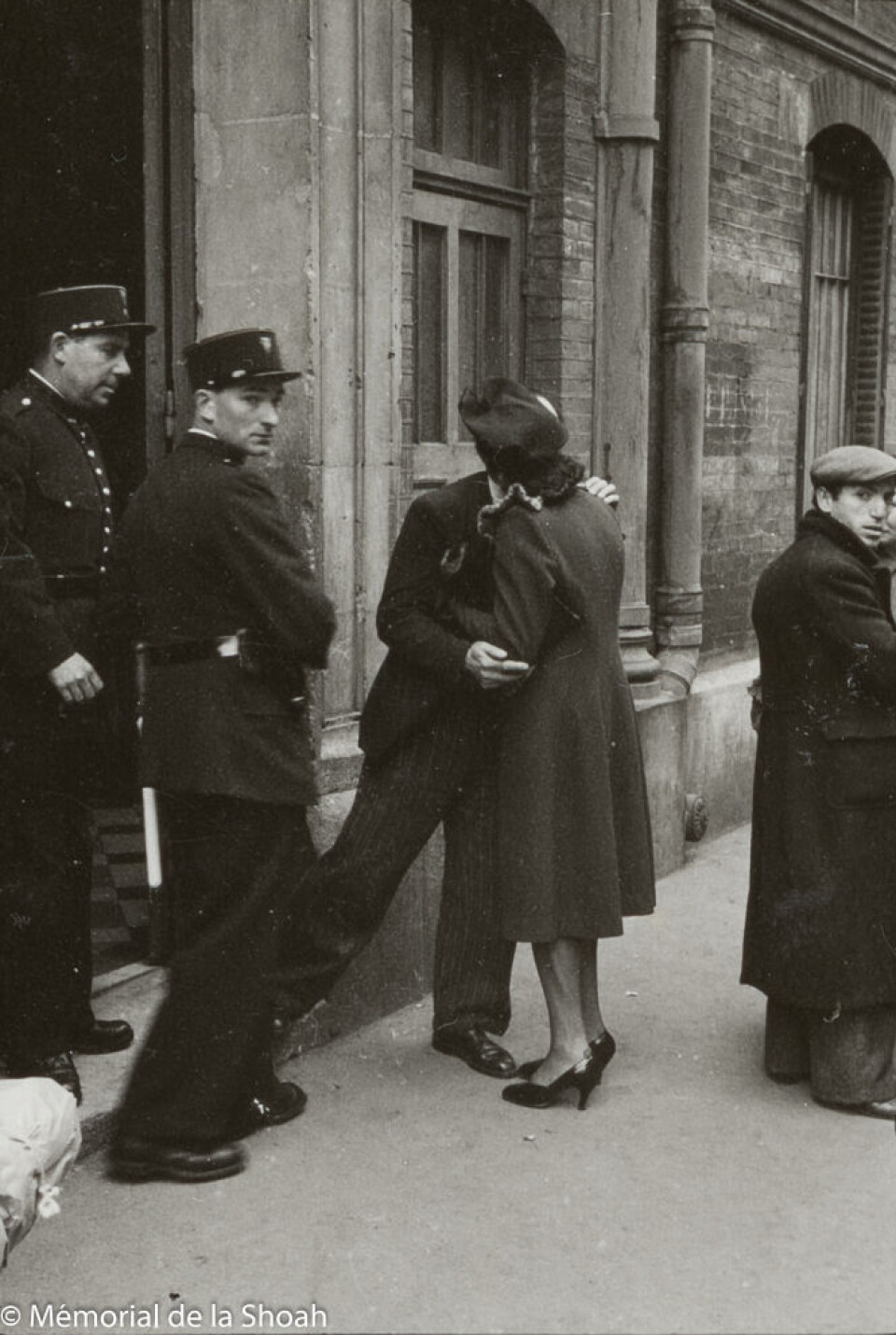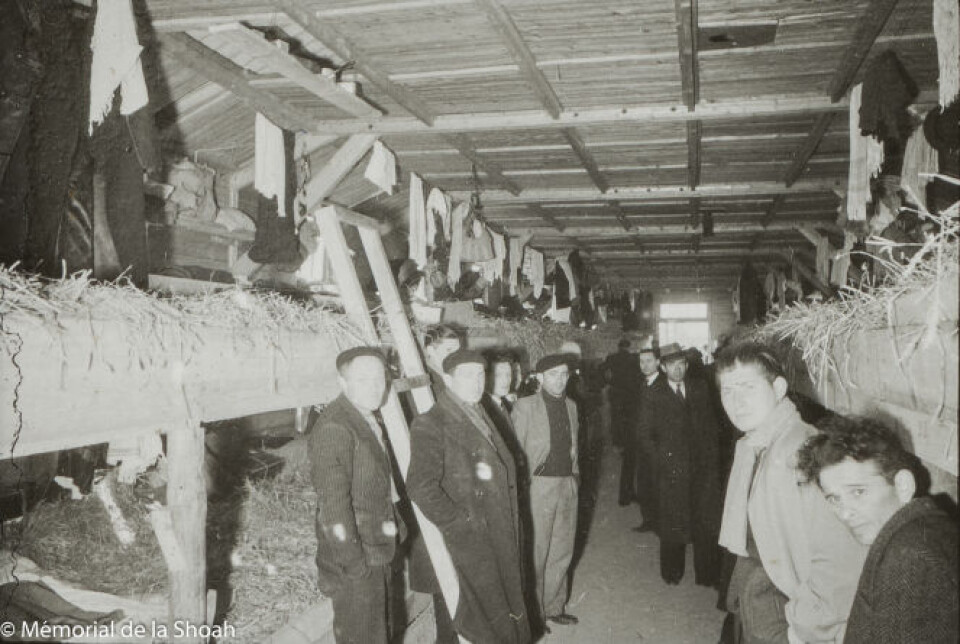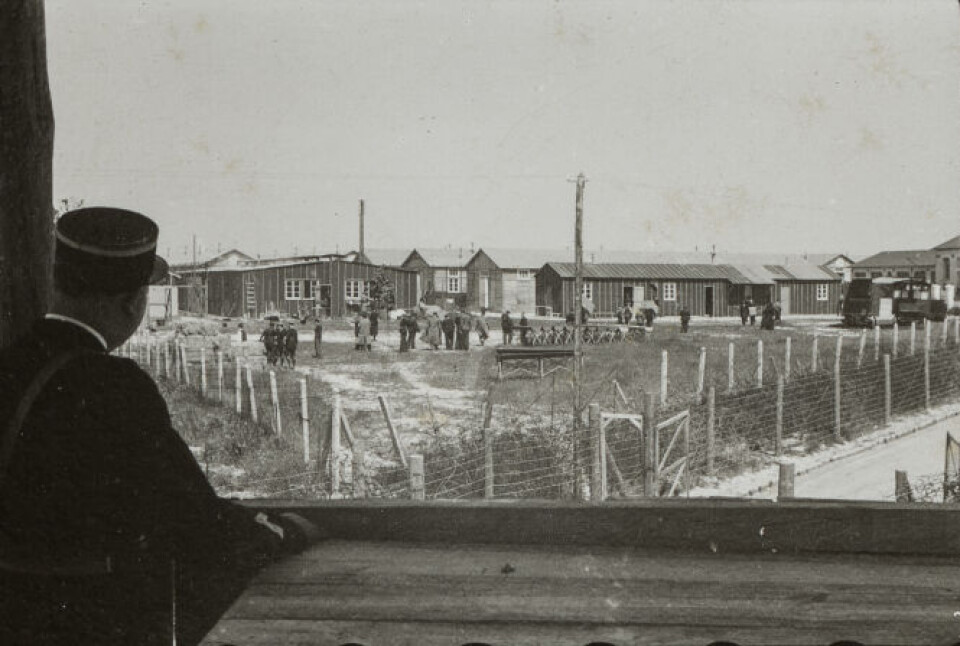-
Funeral held in Normandy for last Native American soldier to survive D-Day landings
Charles Norman Shay was among first to land on Omaha beach and a recipient of Silver Star and Legion of Honour medals
-
One of the most notorious meals in the history of French gastronomy
How hard times inspired an outrageous festive feast in 1870
-
Brouage: inland fortified French village was once a major European salt port
Some 400,000 tourists visit every year - many of whom are Canadian
In photos: Jewish museum shares moving images of 1941 Paris roundup
The newly discovered pictures, sent to The Connexion after our previous article on their discovery, show the reality behind the first mass arrest of Jewish people in France during World War Two
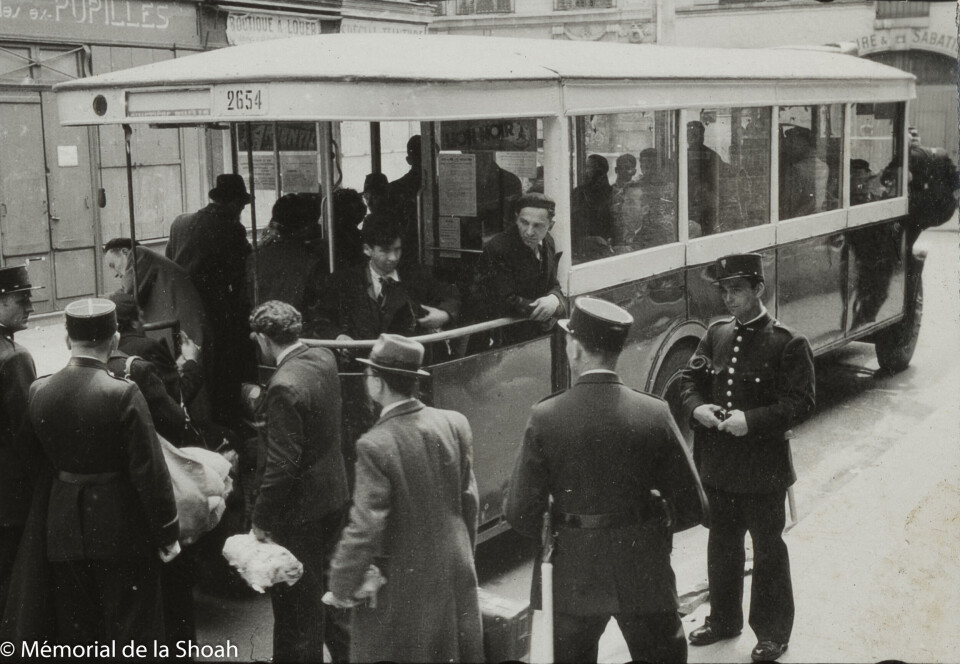
A collection of newly discovered photos, now being exhibited outdoors in Paris, sheds light on the first mass arrest of Jewish people in France by French police during World War Two - an event known as the Rafle du Billet Vert (Green Ticket Roundup).
The pictures were sent to The Connexion after our article on their discovery and the history of the Green Ticket Roundup, which you can read here. They are currently on display outside the Gymnase Japy in Paris.
On May 14, 1941, some 3,700 Czech and Polish Jews in and around Paris responded to a summons in the form of a green ticket and went to police stations to have their statuses verified.
On arriving, they were arrested and sent to prison camps in France. From there, the majority were shipped to Auschwitz where they were killed.
The Mémorial de la Shoah, a Holocaust museum in Paris, recently acquired five photo contact sheets containing 98 images of the event, showing for the first time the emotions and distress of the Jewish people.
“Although the press reported on it at the time, the official images were dehumanising and humiliating for these foreign Jews,” The Mémorial de la Shoah wrote in a press release about the images.
“The emotion and distress of these families, as shown in these photos, are a rare illustration of the Shoah in France.”
